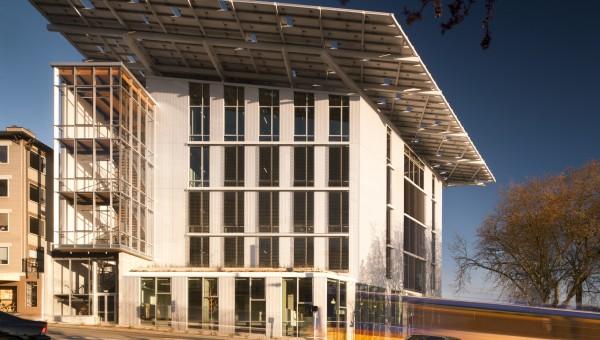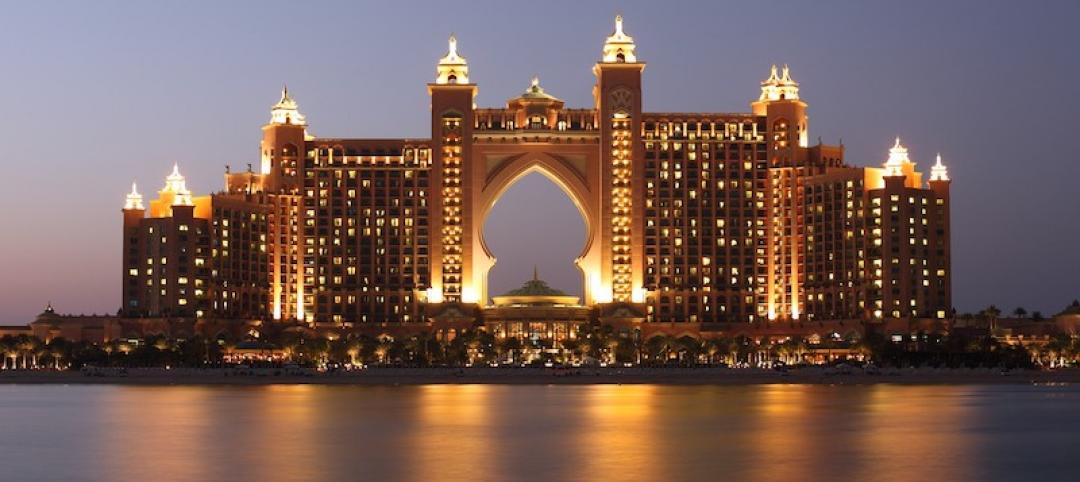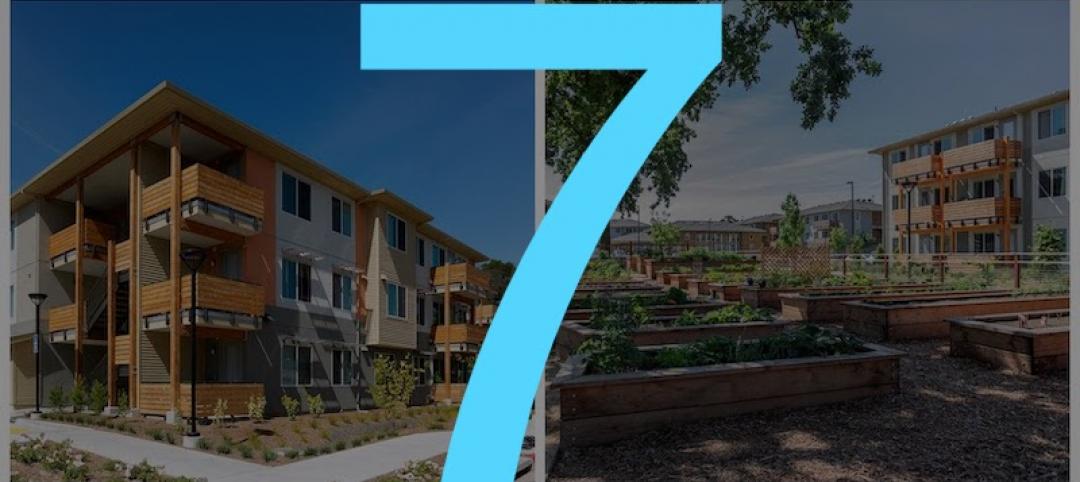The Bullitt Center in Seattle, which some say is the world's "most efficient" office building is not only influencing how other structures are built, it is contributing to revisions of codes and public policy.
The building’s design was made possible by Seattle’s Deep Green Pilot Program that allows builders to deviate from standard codes to build more sustainably. For example, the building was allowed to add two to three feet to the height of each floor to allow more daylighting. Neighbors objected to the additional 10 feet in overall building height, but the program permitted the non-conforming design.
Some of the building’s code deviations have been incorporated into the city code. For instance, the city council and the mayor had to approve changes to the building code to allow permits for “sustainability features.” This move allows the building’s solar canopy to extend all the way to the property line.
Bullitt Foundation, the environmental group that owns the building, recently signed a first-in-the-nation agreement with the local utility that will allow the foundation to sell Seattle City Light the energy it is saving or “negawatts.” The arrangement, known as MEETS (metered energy efficiency transaction structure) could be a pioneer in drawing investment funds to energy-efficiency projects.
Bullitt is also seeking final approvals from the county and state to turn the building into its own water district. That designation would allow tenants to drink rainwater collected on site and treated in the building’s basement.
(http://grist.org/business-technology/how-one-building-is-changing-the-world/)
Related Stories
Codes and Standards | Jul 9, 2020
Funding opportunity for field validation of high-impact building technologies
Dept. of Energy program targets dynamic interactions with electric grid.
Codes and Standards | Jul 8, 2020
Standards for reducing risk of COVID-19 in senior living communities
AIA releases strategies and illustrations for the sector.
Codes and Standards | Jul 6, 2020
Guide presents benefits of public-private partnerships
Discusses process from project conception to construction.
Codes and Standards | Jul 1, 2020
COVID-19 public health guidelines may be downplaying building systems solutions
Emphasis on cleaning surfaces overlooks importance of mechanical infrastructure.
Codes and Standards | Jun 30, 2020
WELL building institute steps up health safety rating for hotels and resorts
Certification body forms advisory group of industry leaders and health experts.
Codes and Standards | Jun 30, 2020
7 must reads for the AEC industry today: June 30, 2020
Affordable housing comes to the Bay Area and this is not the end of cities.
Codes and Standards | Jun 29, 2020
Mandated building retrofits are necessary to meet climate crisis
Performance standards could greatly reduce GHG emissions.
Codes and Standards | Jun 29, 2020
New buildings can fall short of designed performance
Similar structures can produce different energy usage results.
Codes and Standards | Jun 25, 2020
Arc offers tools, analytics for safe workplace re-entry
Platform helps sustainability teams to collect data, benchmark progress, measure impact, and improve performance.
Codes and Standards | Jun 24, 2020
New API enables design and construction technology platforms to connect
Construction Specifications Institute offers “digital classification engine.”

















